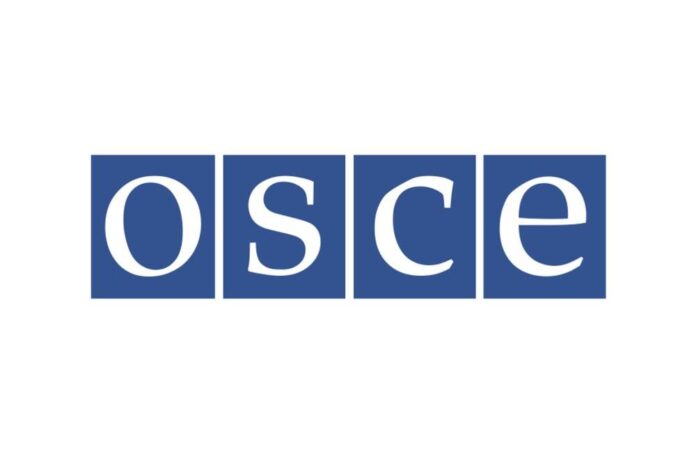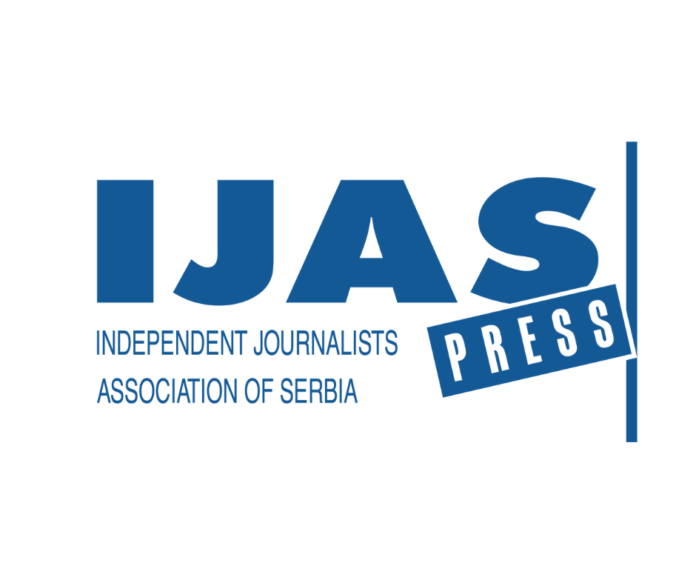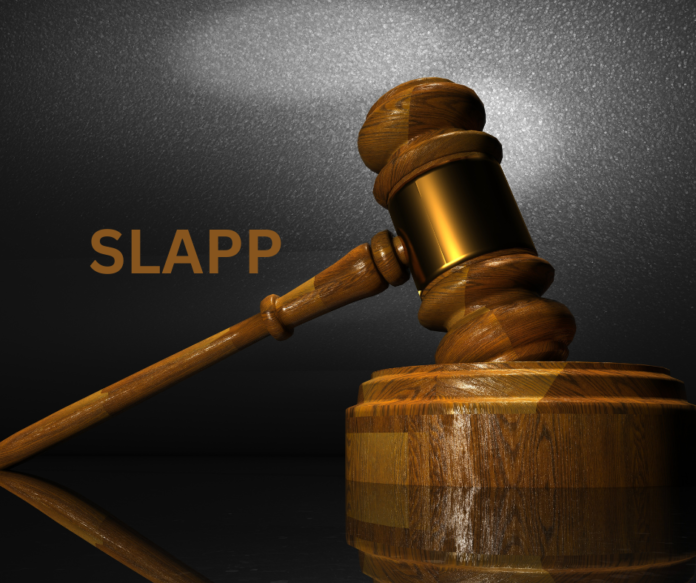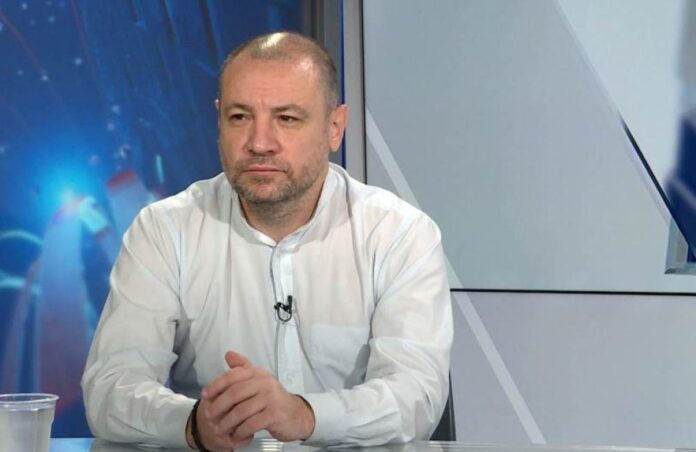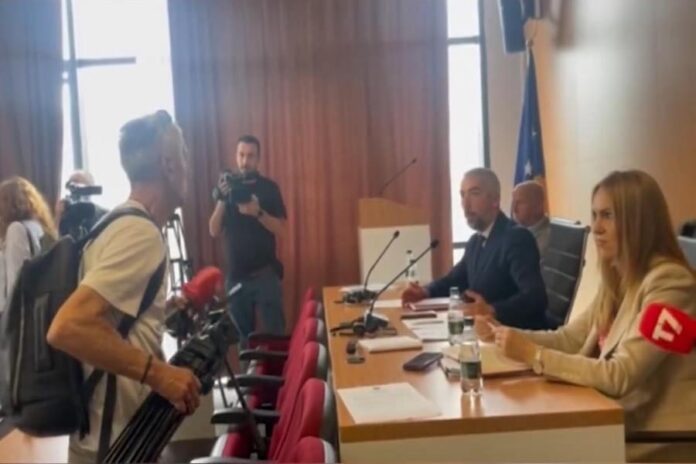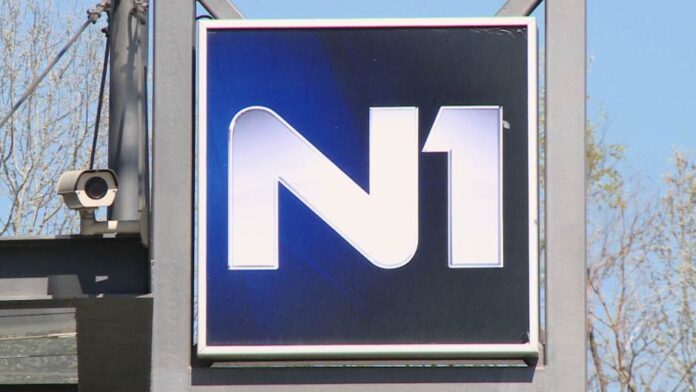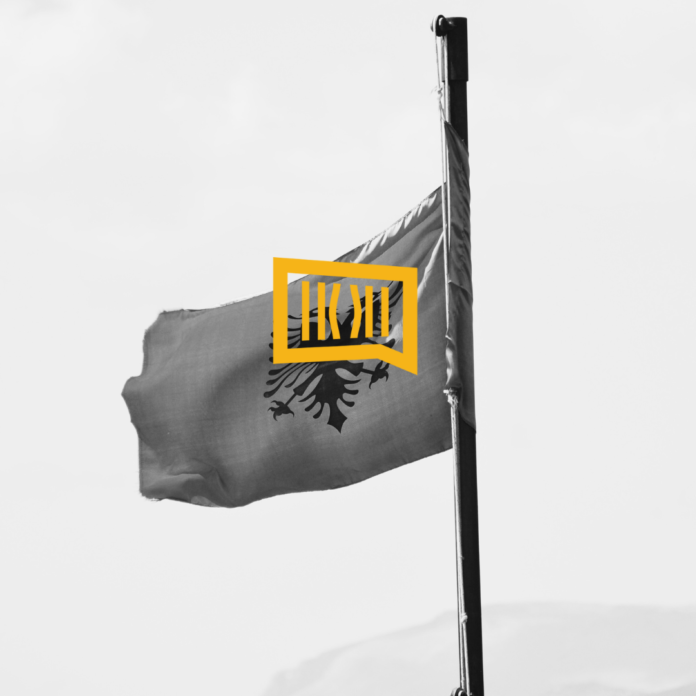The past election process and the election day itself were marked by campaigns to slander journalists, targeting and interfering with their work, and even physical attacks by ruling officials and activists of their party. The Independent Journalists’ Association of Serbia (IJAS) condemns all forms of pressure on journalists, especially targeting by the authorities, and warns that it is extremely dangerous to accuse the media of being responsible for instability in society.
Yesterday in Novi Sad, a journalist from the newspaper Danas Ugljesa Bokic was attacked while he was trying to conduct a survey with young people who left the premises of the Novi Sad Fair, when a man grabbed his phone and punched him in the chest. The doctors concluded that the journalist suffered a bruised sternum from the blow. The case was reported to the police, and the attacker was later identified as a former police officer.
The Independent Journalists’ Association of Serbia calls on the competent institutions to solve this case as soon as possible and punish the attacker.
Journalists in Novi Sad were interrupted all the time while reporting on the elections. At one point, they were also physically threatened. Namely, activists of the Serbian Progressive Party threw tear gas at journalists while they were reporting from the location near the Novi Sad fair where the incident took place, when a group of citizens broke down the door of the hall where the call center of the Serbian Progressive Party was located.
Journalists from Novi Sad warn that there is an unprecedented hunt against journalists in that city.
Regime tabloids accused Zarko Bogosavljevic, journalist of the 021.rs portal, of violent behavior at a polling station. Also, journalist Dinko Gruhonjic once again found himself a target of SNS propaganda. During yesterday’s day, leaflets were distributed near the polling stations, on which Gruhonjic was once again slandered, and previously members of the ruling party said during the campaign that he is the candidate of the united opposition for mayor of Novi Sad.
Another attack took place yesterday in Zemun Polje, when the journalist of the Mašina portal Marko Miletic was attacked by activists of the Serbian Progressive Party. Namely, he received information that some malpractices were taking place at the polling station in Zemun Polje and he went to investigate.
“There were representatives of the City Election Commission who gave SNS activists the list they were working on. The girl who had the list made it clear that she was using the list to call people to see who voted. When I approached, a member of the election commission gave me that paper to take a photo. At that moment, people rushed out of the SNS premises and immediately aggressively attacked the opposition activists who were there and me, and it turned into a chase,” Miletić told NUNS.
The President of the National Assembly of the Republic of Serbia, Ana Brnabić, continued to target the journalists of the N1 television.
When the journalist of this television, Zaklina Tatalovic, asked her to comment on the fact that “people are fighting and running in the streets”, Brnabic answered briefly: “You are fighting”. Later, she accused journalists of tensions in society.
“You are the ones who cause tensions in society, you are the ones who call for violence in society, you are the ones who spread fake news, you are the ones who spread half-information and all of this is the cause to have instability in society, not because of politics, but because someone is lying to the people. Who lies to the people – you lie to the people,” said Brnabic.
The Independent Journalists’ Association of Serbia believes that such targeting of journalists by the President of the Assembly is shameful and very dangerous. It is irresponsible to accuse journalists, from the position of the greatest power in the country, for instability in society.
We expect political officials, especially those in power, to respect the laws and not endanger journalists and the media because of editorial policies they don’t like. Exercising pressure on the media, especially with abuse of official position, is prohibited by law. We remind that holders of public and political positions are obliged to tolerate critical opinions related to the results of their work.
Instead of targeting, political officials should concentrate and answer journalists’ questions, without discrimination, which is what the law obliges them to do. That’s why we demand that they stop drawing targets and accept responsibility for everything they do.
IJAS will inform all relevant international organizations about all the mentioned events.
Independent Journalists’ Association of Serbia
June 3, 2024


